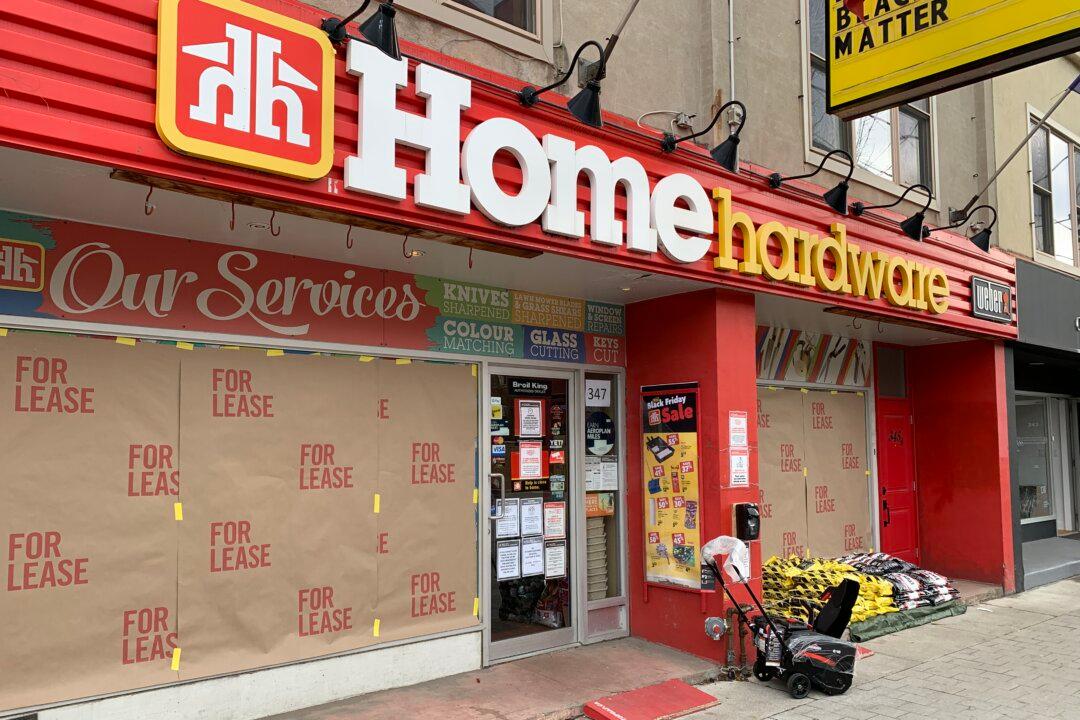An Ontario Superior Court judge wrote that there was “apparent unfairness” in the shutdown of small businesses while allowing big store retailers to remain open amid the COVID-19 pandemic.
On Dec. 3, the Ontario Superior Court ordered a quick hearing after Canadian Appliance Source LP, one of Canada’s largest home appliance retailers, sought an injunction against public health orders, warning it will lose millions in Christmas sales, according to Blacklock’s Reporter.





